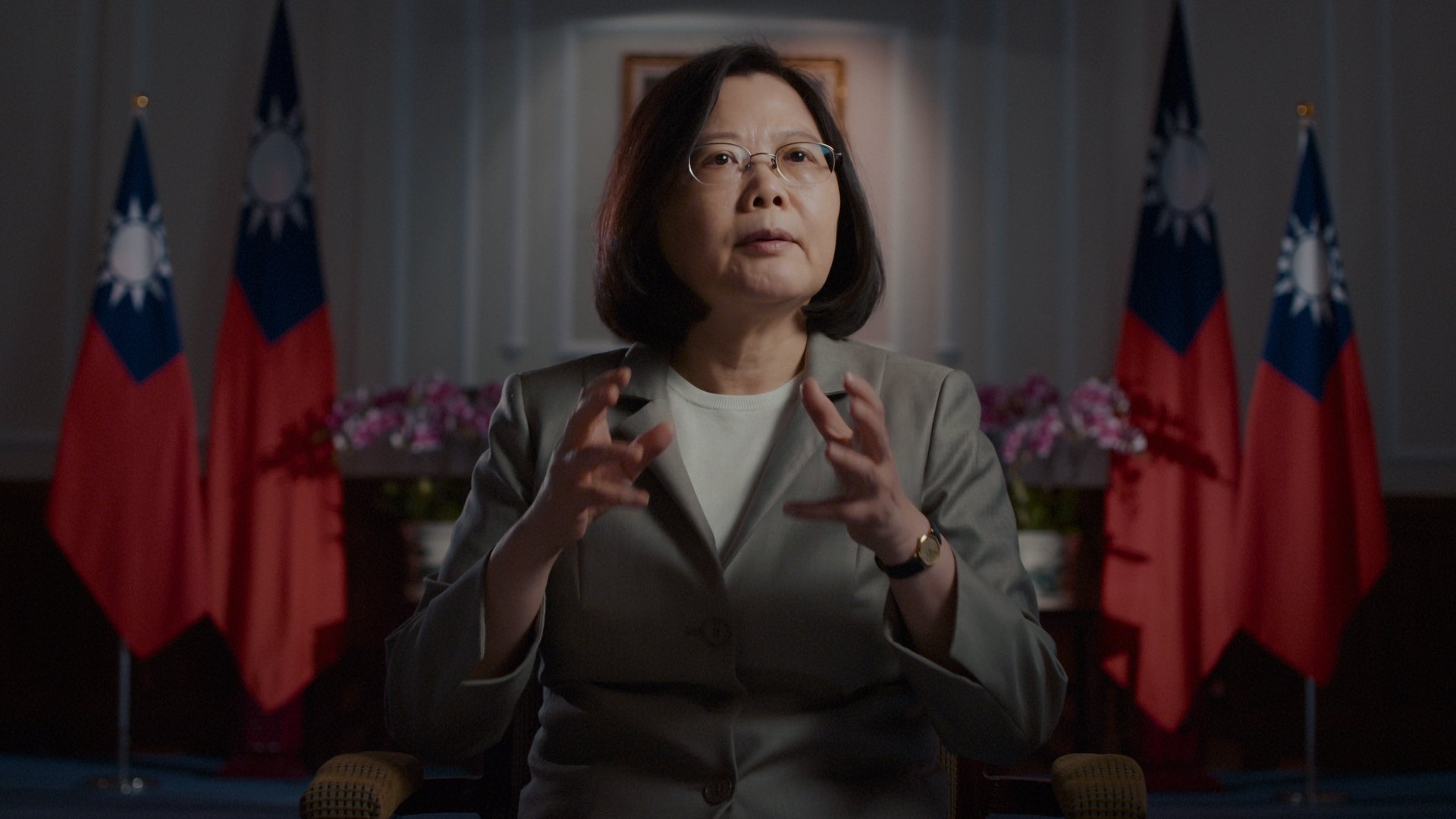
IMPACT AND OUTREACH
BECOME PART OF THIS IMPORTANT FILM PROJECT BY MAKING A DONATION THAT WILL ALLOW FOR ITS SOCIAL IMPACT.
For donors whose bank accounts are located outside of the United States.
For donors whose bank accounts are located in Taiwan.
For donors whose bank accounts are located in the United States.
We would deeply appreciate your donation (non-recoupable grant or tax deductible gift through our fiscal sponsor). We can also accept contributions via equity (recoupable investment with the potential for profit) for amounts starting at $25,000 and up. Our producers are available to answer any questions you may have about how you can participate. Please contact us at producer@invisiblenation.net.
Director’s Statement
Vanessa Hope
Making INVISIBLE NATION was one of the most personal and political journeys of my life. This film centers on Taiwan’s democratic transformation, the leadership of President Tsai Ing-wen, and the island’s struggle for recognition and self-determination amid mounting external threats and global uncertainty.
Directing this film required trust on both sides: my team’s willingness to leap into the unknown, and Taiwan’s leadership and community’s openness in sharing their story. It took years of relationship-building, listening, and showing up with humility before we were granted unprecedented access to President Tsai and other political figures. What mattered most was approaching Taiwan’s complex tapestry of perspectives — Taiwanese, Chinese, and American — with respect and a willingness to learn.
We filmed in real time as history unfolded: Xi Jinping’s growing threats against Taiwan, the COVID-19 pandemic, the crackdown on Hong Kong’s protests, and Russia’s invasion of Ukraine, which suddenly forced the world to pay closer attention to Taiwan. This process pushed me beyond the narrow American paradigms of foreign policy I had once been steeped in, and into a deeper recognition of historically marginalized Taiwanese perspectives. Taiwan’s democratic path, and its advances in human rights, demanded to be seen on their own terms.
What struck me most was the leadership of Tsai Ing-wen and other remarkable women — Chen Chu, Hsiao Bi-khim, Wu Pei-yi — whose lives embody the intersection of women’s rights, democratic progress, and the constant threats of authoritarianism. Watching Taiwan expand same-sex marriage rights, pursue transitional justice, and elevate women’s political power while authoritarian regimes worldwide were cracking down made the contrast impossible to ignore. Taiwan showed how much stronger democracies can become when women lead.
Telling this story was never easy. Independent filmmaking is already precarious, and taking on Taiwan meant pushing against powerful interests determined to erase or conflate its identity with China’s. I felt the pressure to back down, to let Taiwan’s story be simplified or dismissed. But I knew that surrendering to those pressures would be complicit in silencing a democracy that has fought too hard to be heard.
My personal connection to Taiwan goes back to 1995–96, when I lived there during its first direct presidential election, while China fired missiles into the Strait to try to intimidate voters. I borrowed a camera to film President Lee Teng-hui’s jubilant inauguration, and I never forgot the sense of possibility. To return two decades later and film Tsai Ing-wen’s election as Taiwan’s first female president was electrifying. The world has changed dramatically since then — and Taiwan has, too. This film is my urgent plea that we not repeat the failures we’ve seen elsewhere. Unlike Ukraine, war over Taiwan can still be prevented.
INVISIBLE NATION is more than a documentary; it is a call to action. Taiwan’s vulnerability mirrors the second-class status that women continue to face worldwide. Supporting Taiwan means supporting democracy, equality, and peace everywhere. My hope is that audiences see Taiwan not as an abstract geopolitical pawn, but as a resilient democracy led by courageous women, and that they leave the film understanding their role in ensuring Taiwan’s story is heard and its future protected.


